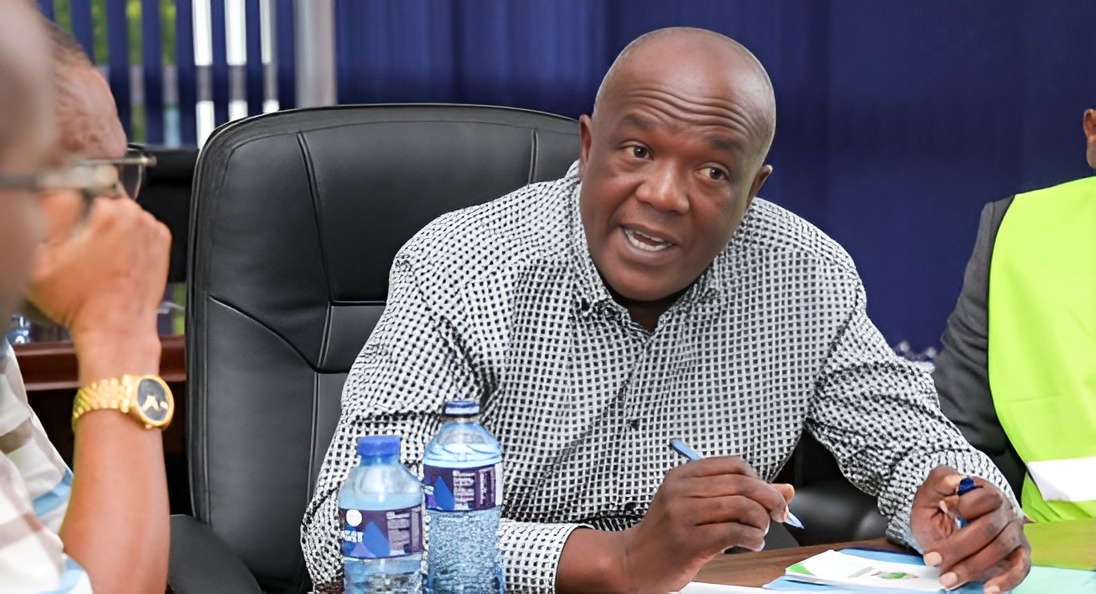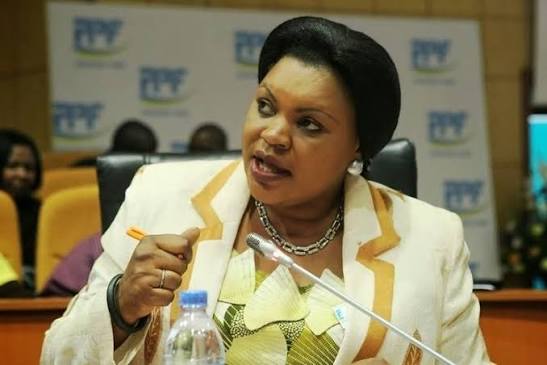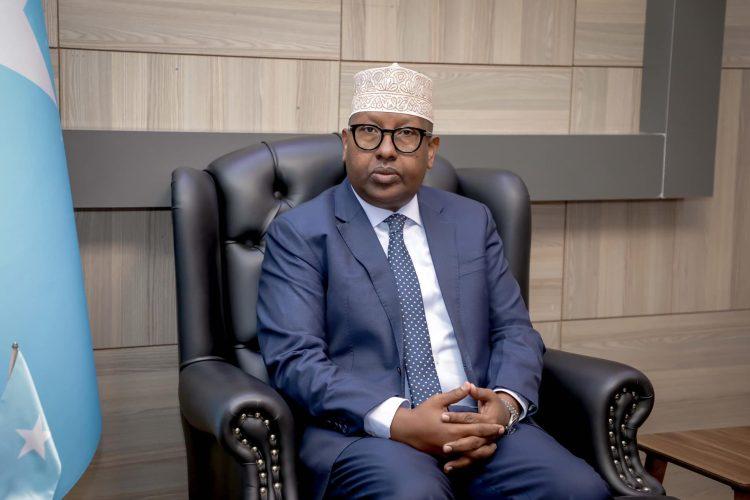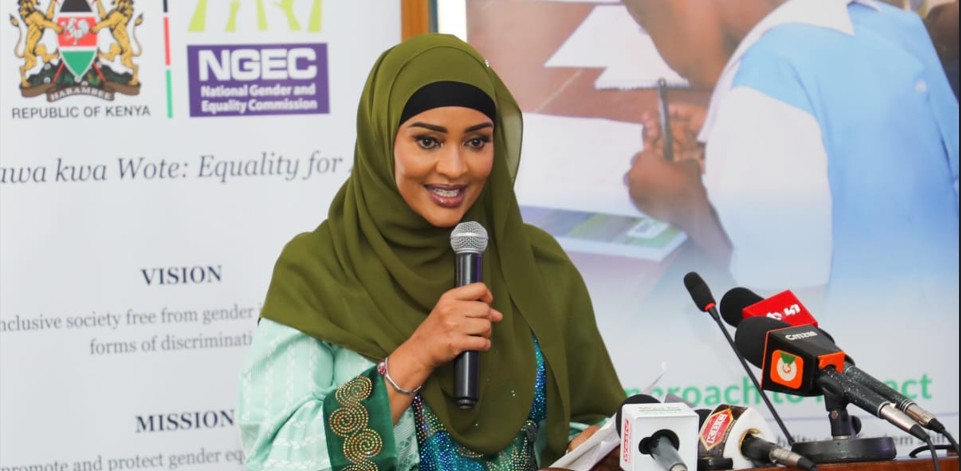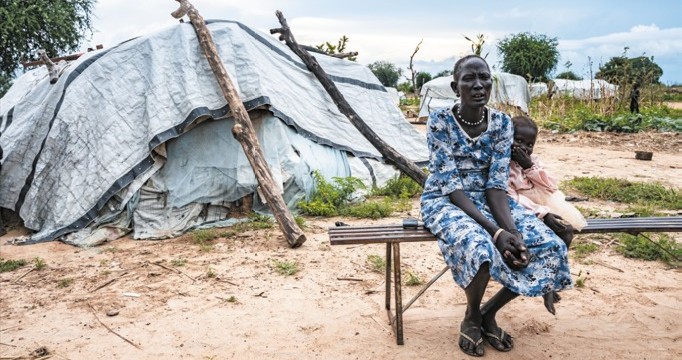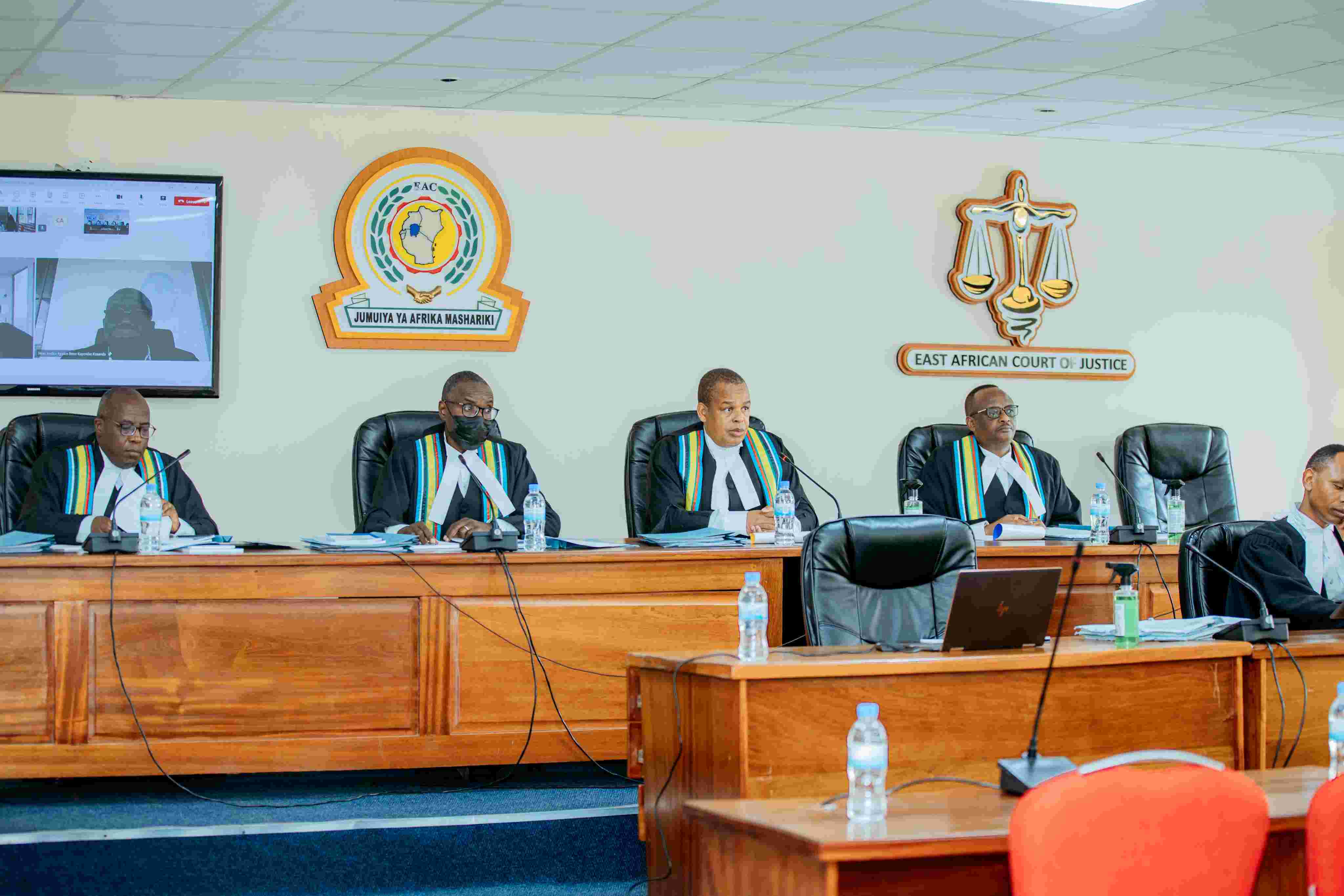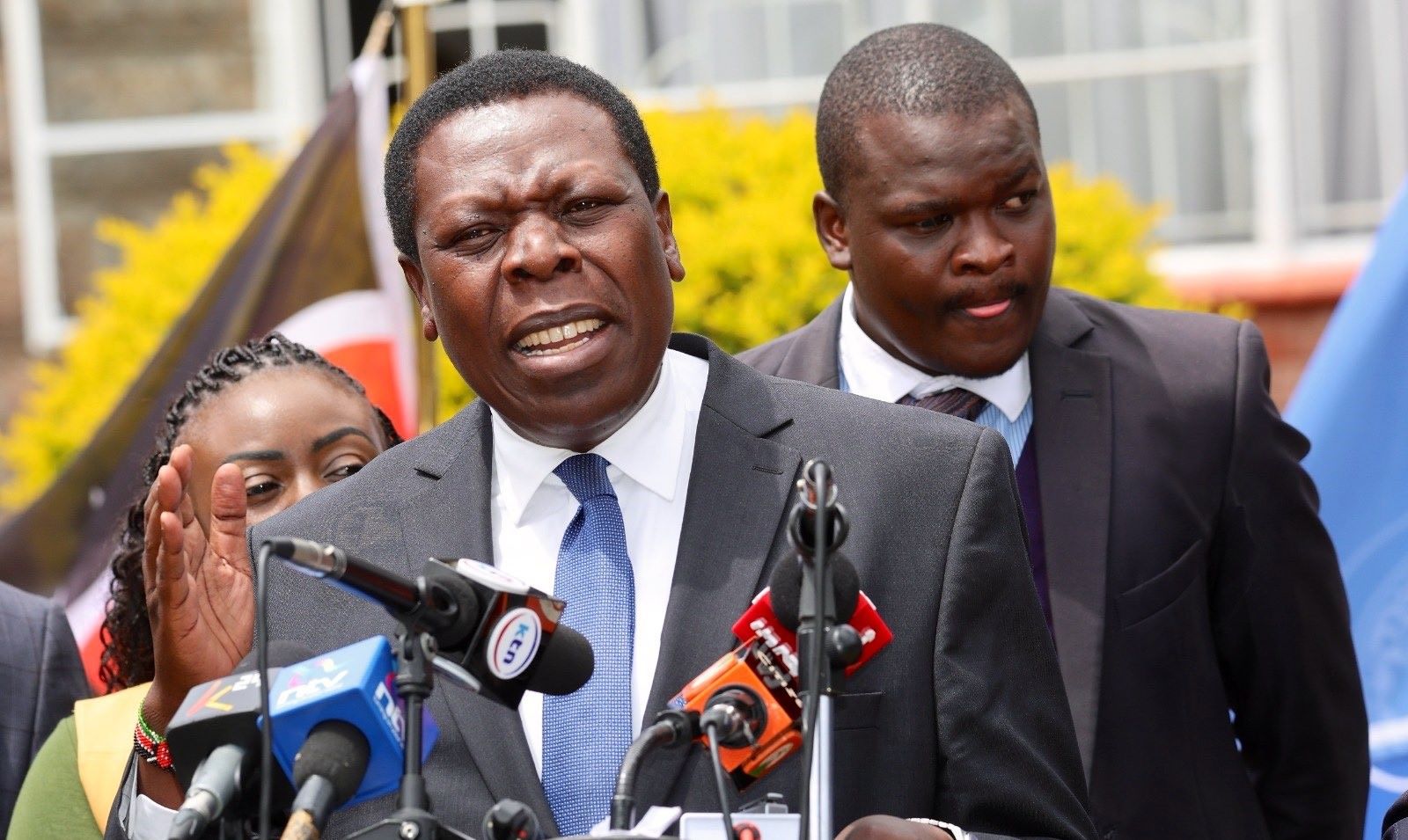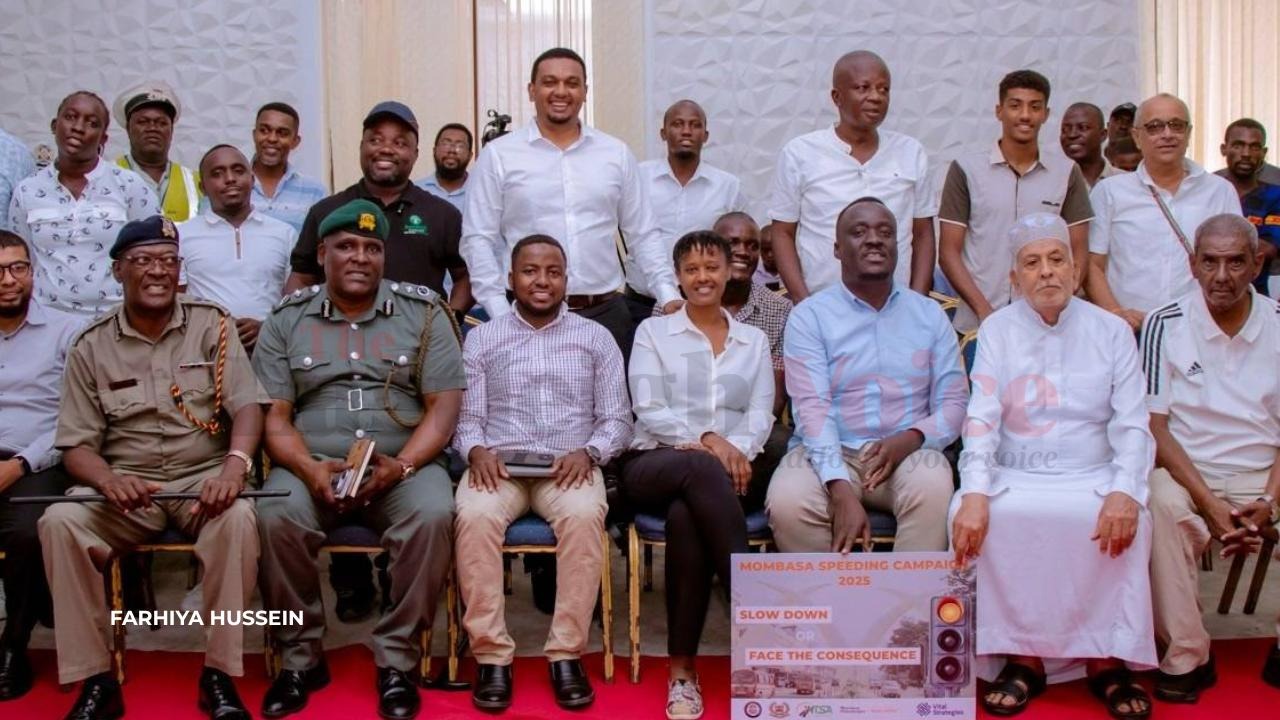Kenya calls for governance overhaul as EAC gridlock deepens

Congolese President Félix Tshisekedi has publicly criticised Ruto's handling of the Nairobi Peace Process, originally initiated by former President Uhuru Kenyatta.
Tired of empty chairs and stalled decisions, Kenya is mounting pressure for a governance shake-up at the East African Community (EAC), calling for a shift away from the bloc's paralysing consensus model to a more flexible two-thirds quorum system.
The push comes under the chairmanship of President William Ruto, who took over in December 2024 amid regional turbulence.
More To Read
- Wetang'ula warns EAC arrests over travel documents threaten regional integration
- How Trump–Ruto health deal fills the void left after USAID exit
- UNAIDS hails Kenya–US health framework as major boost for HIV response
- Kenya, US sign Sh208 billion health cooperation deal to transform to strengthen primary care, services
- Ruto backs IMF partnership as key to Kenya’s debt, economic reforms
- Tough decisions stabilised the economy, saved Kenya from shame – Ruto
The current rules demand unanimous consent and full attendance for any binding decision to be made, a requirement Kenya now argues is both outdated and unworkable.
"The all-or-nothing model has crippled decision-making and undermined regional progress," reads Kenya's proposal submitted to parliament by Foreign Minister Musalia Mudavadi, citing quorum failure as a recurring obstacle to timely policy action.
At the heart of the crisis is the Democratic Republic of Congo (DRC), which joined the EAC in 2022 but has consistently skipped high-level meetings, often sending low-level envoys or abstaining altogether.
According to regional sources, Kinshasa's absence stems from growing dissatisfaction with Kenya's posture in the eastern Congo conflict and discomfort with Rwanda's active role in regional security discussions.
DRC's refusal to assume the rotating chairmanship of the EAC in late 2024 broke tradition and forced the bloc to skip the usual rotation protocol, handing the gavel to Kenya instead.
It was the first time in the bloc's history that the summit leadership did not pass to the next state in line.
Meanwhile, Tanzania, initially expected to take up the rapporteur role, deferred due to President Samia Suluhu Hassan's re-election campaign.
The responsibility has since been handed to Somalia, the EAC's newest member.
Kenya's reform proposal, tabled before the Council, urges a constitutional amendment to allow decisions to be made with support from two-thirds of partner states, even if consensus is not reached, so long as the core democratic principle remains intact.
"This reform recognises that effective regional integration requires mechanisms that accommodate multi-state coordination while preserving legitimacy," the Kenyan proposal states ahead of the December summit.
Critics, however, warn that loosening the consensus rule could risk alienating smaller or newer members.
But for Kenya, the choice is stark: move forward with flexible pragmatism, or risk institutional inertia.
Ruto's chairmanship comes at a tense moment, with Nairobi's regional leadership increasingly contested.
Congolese President Félix Tshisekedi has publicly criticised Ruto's handling of the Nairobi Peace Process, originally initiated by former President Uhuru Kenyatta.
Top Stories Today
Reader Comments
Trending

